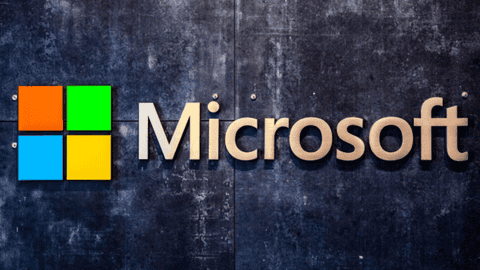On May 10, 2024, a federal jury in Delaware, USA, ruled that Microsoft had infringed on a patent owned by IPA Technologies and ordered the tech giant to pay $242 million in damages. The jury determined that Microsoft’s Cortana voice assistant software violated IPA’s patent rights in computer communication software.

The ruling stems from a lawsuit filed by IPA Technologies in 2018, accusing Microsoft of infringing on several patents related to personal digital assistants and voice-based data navigation. After a week-long trial, the case was narrowed down to focus on one of IPA’s patents. Microsoft argued that it did not infringe on the patent and that the patent itself was invalid.
IPA Technologies and its patent history
IPA Technologies is a subsidiary of the patent licensing company Wi-LAN. Canadian technology company, Quarterhill and two investment firms jointly own the company. The patent in question was originally acquired by IPA from SRI International’s Siri. Apple acquired Siri and its technology in 2010 and applied it to its own Siri voice assistant.
Microsoft’s response and future implications
In response to the ruling, a Microsoft spokesperson stated, “We continue to firmly believe that Microsoft has not infringed IPA’s patents and will appeal the decision.” Representatives of IPA and Wi-LAN have not yet responded to the verdict.
The case should continue as Microsoft plans to appeal the decision. If the appeal is unsuccessful, the company may need to pay the $242 million in damages to IPA Technologies. Florian Mueller, an expert in the field, notes that IPA Technologies could also cross-appeal if Microsoft’s appeal succeeds.
Conclusion
The ruling against Microsoft highlights the ongoing battle over patent rights in the rapidly evolving world of voice assistant technology. As companies develop new products, they must navigate the complex landscape of intellectual property rights to avoid costly legal disputes. The tech industry and legal experts alike will closely watch the outcome of Microsoft’s appeal and any potential cross-appeals. The case serves as a reminder of the importance of respecting patent rights and the potential consequences of infringing on them.

